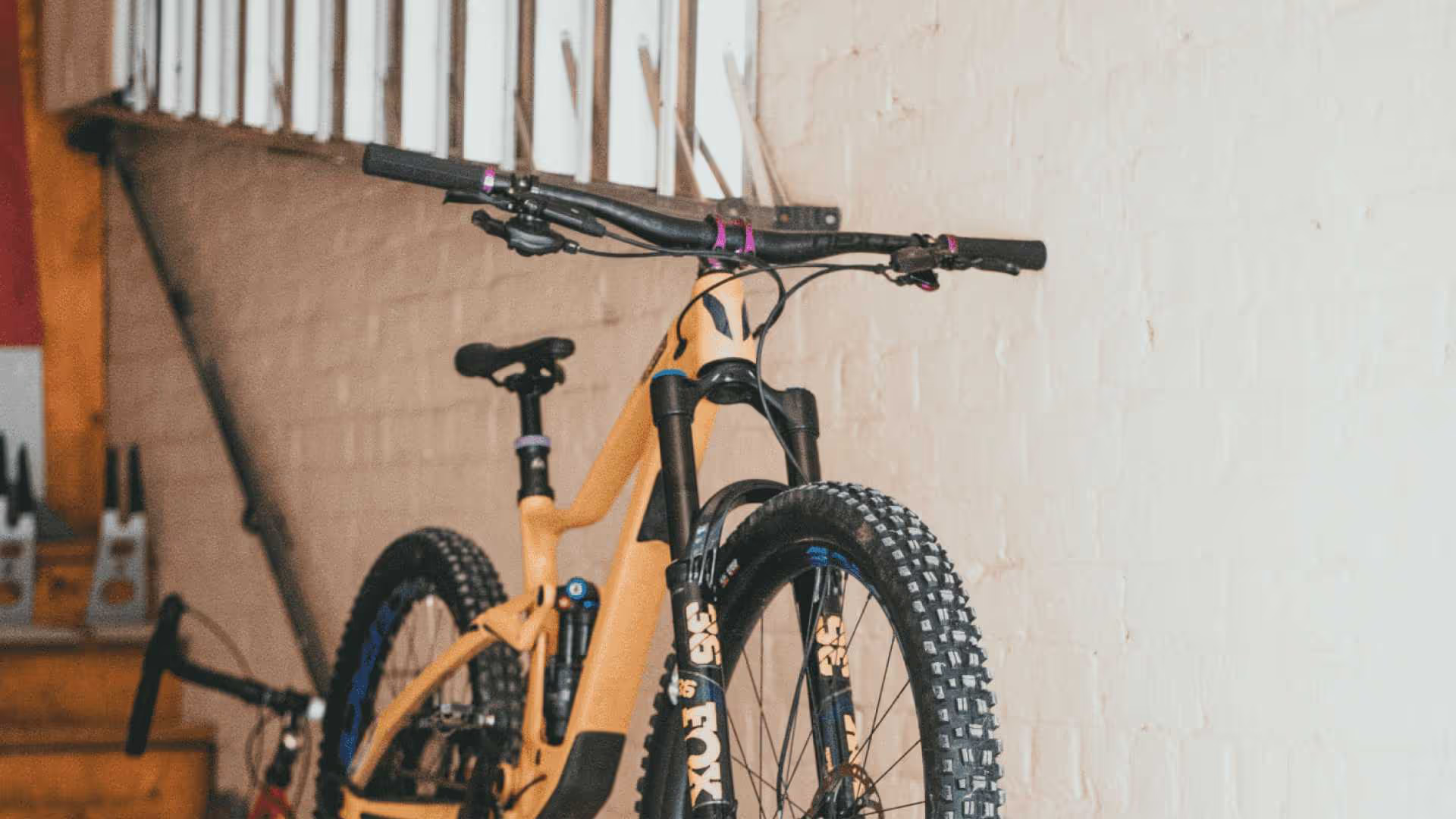
If you’re anything like us, your bike(s) is your prize and joy; the last thing you want is something to happen to your bicycle.
At Sundays, we want to make sure that your bike is safe at all times, wherever you are and that you understand your policy security conditions when it comes to storing your bicycle. Ensuring you’re familiar with your policy can help you make a successful claim in the unfortunate event of something happening to your bike.
The first thing to understand is what is classified as “home”. At Sundays, we define “home” as a fully enclosed building (or share of a building) defined by permanent walls and a roof owned, leased or occupied by you for domestic dwelling purposes and is located at the address noted on your Insurance Certificate.
Suppose your bike is stored in a common area like a stairwell or foyer area of your apartment block in Auckland. Using an approved lock, you need to lock your bicycle to an immovable object using an approved lock.
When your bicycle is kept inside your house, garage, or outbuilding all windows and doors are securely locked and thus fully enclosed. Any security devices must be activated while your bike is unattended.
Bicycles are made to be ridden and shouldn’t be locked away in a dark room. As cyclists, we understand that completing a Tuesday morning group ride with an approved lock in your pocket would be impractical. That’s why if you’re at a coffee shop on the North Shore, a restaurant in the city or Brewtown Upper Hutt Brewery (we hope not on a Tuesday morning), we require you to keep your bike within your direct line of sight and no more than 5m away from you. If you’re leaving your bike unattended, you’ll need to lock it correctly using an approved lock. Learn how to lock it correctly here.
We hope your bike gets to go on holiday with you; we encourage it! Maybe you’re hopping over the border to Aus to explore new roads or heading to the Bay of Islands with the family. If you’re locking your bicycle in a shared property like a hotel, if you are like us, your bike will be right next to your bed in your room; if you store your bike in a courtyard or other storage area, even though it is access-controlled, it is still a high-traffic area, and your bike needs to be locked to an immovable object using an approved lock.
If you leave your bike unattended at a location other than your home for more than 24 consecutive hours, even if it’s secured with an approved lock, it won’t be covered by Sundays should something happen to it during this period.
If you are planning a holiday or extended stay in a different location, call us to let us know about the change of address, temporary or permanent.
When transported inside a securely locked vehicle or caravan, your bike doesn’t have to be locked using an approved lock to meet your insurance policy security requirements. If your bike is inside the securely locked canopy of a Ute during daylight, it also does not need to be locked using an approved lock. If your bicycle is stored in the canopy of your Ute during the night, you must lock it to an anchor point inside the vehicle or canopy using an approved lock.
Whilst we don’t require you to lock your bicycle inside your locked vehicle during daylight hours, using a lock to secure it inside is an extra step that you can take to further deter thieves from attempting to steal your bike.
As cyclists, from time to time, we travel with our bikes on transport racks outside our vehicles.
And sometimes, you have to run into the store to grab some gels you forgot to pack or a snack after the race. You might have forgotten to pack gels, but make sure that you always remember an approved lock to secure your bicycles to the bike rack. Although bike transport racks have locking mechanisms attached to them, they are often insufficient in preventing opportunistic thieves from stealing your prized possession.
Other things you can do include parking in a monitored and access-controlled parking area or making sure that your bike is out of the direct line of sight, away from a window if in a caravan or covered up in your car.
If you’re using your bike to commute around town, there are some do’s and don’ts when locking your bike in public. We’ve broken them all down for you here.
If you’re ever unsure about whether your bike is covered in a particular situation, you can always refer to your policy wording or give us a call, pop us a message or send us an email; we’d love to chat.